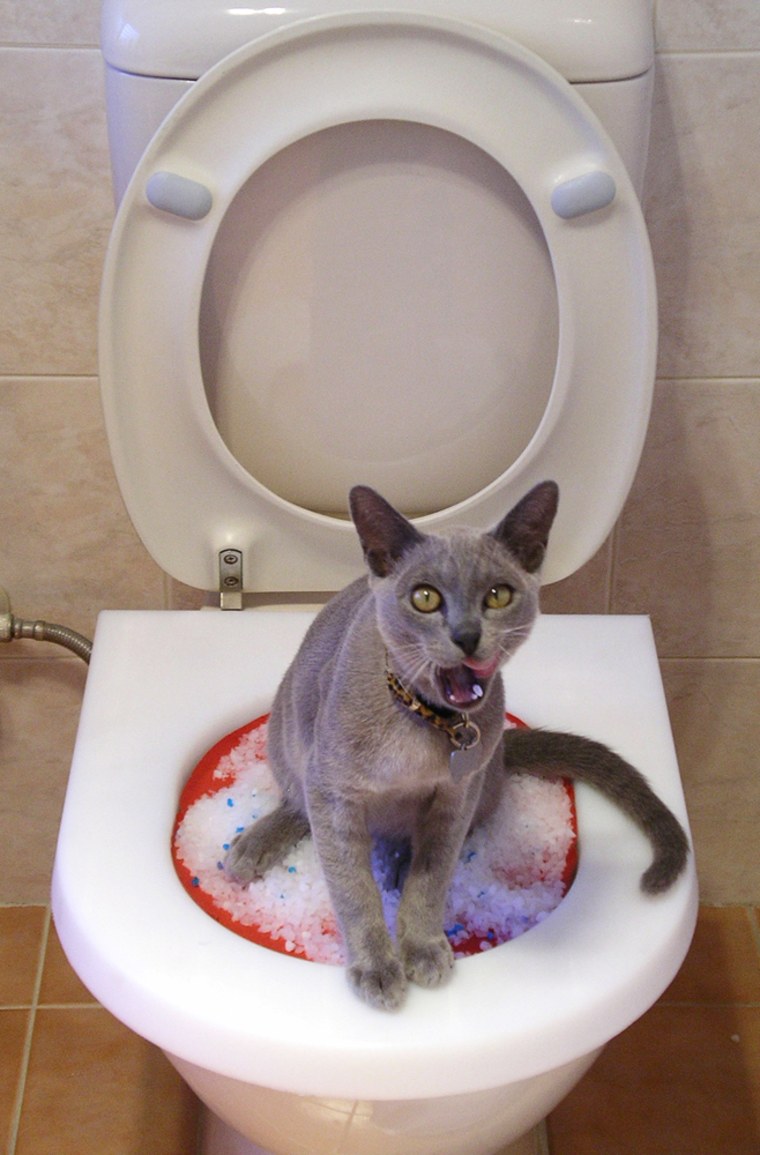Why You Should Avoid Flush Cat Poop Down Your Toilet - Crucial Facts
Why You Should Avoid Flush Cat Poop Down Your Toilet - Crucial Facts
Blog Article
What're your ideas regarding Can You Flush Cat Poo or Litter Down the Toilet??

Intro
As pet cat proprietors, it's necessary to bear in mind just how we get rid of our feline close friends' waste. While it might seem convenient to flush cat poop down the toilet, this practice can have detrimental consequences for both the environment and human health.
Alternatives to Flushing
Thankfully, there are safer and more liable ways to dispose of pet cat poop. Take into consideration the following alternatives:
1. Scoop and Dispose in Trash
One of the most typical method of taking care of pet cat poop is to scoop it into a naturally degradable bag and throw it in the garbage. Make certain to make use of a dedicated clutter scoop and get rid of the waste promptly.
2. Use Biodegradable Litter
Go with naturally degradable pet cat litter made from products such as corn or wheat. These trashes are eco-friendly and can be securely taken care of in the garbage.
3. Hide in the Yard
If you have a yard, consider burying cat waste in an assigned area far from veggie gardens and water sources. Make sure to dig deep adequate to stop contamination of groundwater.
4. Install a Pet Waste Disposal System
Invest in an animal waste disposal system particularly created for feline waste. These systems utilize enzymes to break down the waste, decreasing odor and environmental impact.
Wellness Risks
Along with ecological issues, flushing pet cat waste can additionally position health threats to people. Cat feces might consist of Toxoplasma gondii, a parasite that can create toxoplasmosis-- a potentially severe ailment, especially for expectant ladies and people with weakened body immune systems.
Environmental Impact
Purging cat poop presents hazardous virus and parasites into the water, positioning a substantial risk to water ecological communities. These contaminants can adversely influence marine life and concession water high quality.
Final thought
Responsible animal ownership expands beyond supplying food and shelter-- it likewise entails correct waste management. By refraining from purging pet cat poop down the commode and choosing different disposal techniques, we can decrease our environmental impact and safeguard human health and wellness.
Why Can’t I Flush Cat Poop?
It Spreads a Parasite
Cats are frequently infected with a parasite called toxoplasma gondii. The parasite causes an infection called toxoplasmosis. It is usually harmless to cats. The parasite only uses cat poop as a host for its eggs. Otherwise, the cat’s immune system usually keeps the infection at low enough levels to maintain its own health. But it does not stop the develop of eggs. These eggs are tiny and surprisingly tough. They may survive for a year before they begin to grow. But that’s the problem.
Our wastewater system is not designed to deal with toxoplasmosis eggs. Instead, most eggs will flush from your toilet into sewers and wastewater management plants. After the sewage is treated for many other harmful things in it, it is typically released into local rivers, lakes, or oceans. Here, the toxoplasmosis eggs can find new hosts, including starfish, crabs, otters, and many other wildlife. For many, this is a significant risk to their health. Toxoplasmosis can also end up infecting water sources that are important for agriculture, which means our deer, pigs, and sheep can get infected too.
Is There Risk to Humans?
There can be a risk to human life from flushing cat poop down the toilet. If you do so, the parasites from your cat’s poop can end up in shellfish, game animals, or livestock. If this meat is then served raw or undercooked, the people who eat it can get sick.
In fact, according to the CDC, 40 million people in the United States are infected with toxoplasma gondii. They get it from exposure to infected seafood, or from some kind of cat poop contamination, like drinking from a stream that is contaminated or touching anything that has come into contact with cat poop. That includes just cleaning a cat litter box.
Most people who get infected with these parasites will not develop any symptoms. However, for pregnant women or for those with compromised immune systems, the parasite can cause severe health problems.
How to Handle Cat Poop
The best way to handle cat poop is actually to clean the box more often. The eggs that the parasite sheds will not become active until one to five days after the cat poops. That means that if you clean daily, you’re much less likely to come into direct contact with infectious eggs.
That said, always dispose of cat poop in the garbage and not down the toilet. Wash your hands before and after you clean the litter box, and bring the bag of poop right outside to your garbage bins.
https://trenchlesssolutionsusa.com/why-cant-i-flush-cat-poop/

I stumbled upon that post on Don’t flush cat feces down the toilet while looking around the web. Are you aware of another individual who is very much interested in the niche? Be sure share it. Thanks a bunch for your time. Don't hesitate to come visit our site back soon.
Click Here Report this page